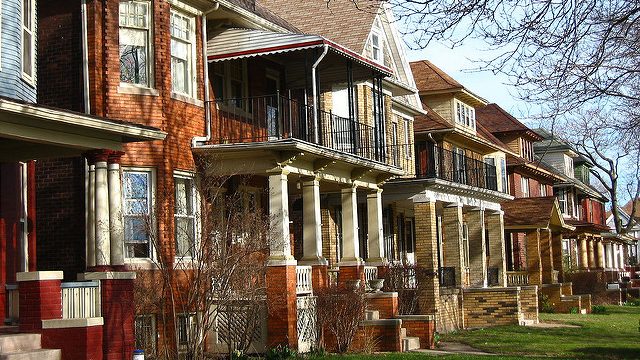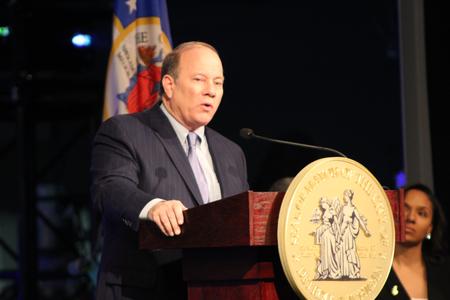Detroit Expands Tax Breaks for Homeowners
Under the Homeowners Property Tax Assistance Program, some homeowners could see a 25 percent reduction on their taxes.

Detroit is giving tax breaks to more households this year through the expansion of its Homeowners Property Tax Assistance Program.
In the past, the program could eliminate property taxes completely, or by half. By lifting the qualifying income cap for aid, Detroit is offering a third option for income levels not previously covered. For example, a household of three, earning less than $27,942 could see a 25 percent tax break if they apply to the program.
“This program is designed to help those that are below a certain income level,” Detroit’s Chief Financial Officer Dave Massaron says. “The Board of Review needs to review an individual’s income and assets to ensure that they qualify for the program just as you do for every other program of this type.”
City officials with the city say in 2019, about 7,600 homeowners received tax exemptions through the program, a 30 percent increase from the year prior resulting in about $5 million in awarded tax breaks. Massaron says the program relieves other budgetary issues.
“We believe that housing resiliency and keeping people in their homes reduces other budgetary pressures,” Massron says. “Plus it’s the right thing to do.”
“An estimated 30,000 low-income homeowners would be eligible for this.” – Patrick Cooney, Poverty Solutions Initiative
Easing tax burden

Mayor Mike Duggan is pushing for a legislative fix to the burden of property taxes on Detroit homeowners.
Under the proposed Pay As You Stay (PAYS) Program, which was passed by Michigan’s House of Representatives last year, fees and penalties incurred on back taxes would be eliminated and participants would be put on plans to pay off the debt. “For Detroit to succeed, we need to help families stay in their homes,” Duggan says. “Expanding access to property tax exemptions will help reach more Detroit families that may be struggling to pay their property tax bills and help them avoid possible foreclosure.”
Researchers with the University of Michigan’s Poverty Solutions initiative say to curb Detroit’s foreclosure crisis, the city should offer the HPTAP retroactively.
“The argument for some sort of retroactive measure is that for years and years, a lot of people have been eligible for the homeowners property tax assistance program. A lot of people haven’t been applying,” Patrick Cooney, the assistant director of Poverty Solutions’ Detroit Partnership on Economic Mobility. “An estimated 30,000 low-income homeowners would be eligible for this.”
Support the news you love.
Here at WDET, we strive to make our journalism accessible to everyone. As a non-profit public media institution, we maintain our journalistic integrity through independent support from readers like you. Because you value WDET as your source of news, music, and conversation, please make a gift of support today. Even $5 helps!
